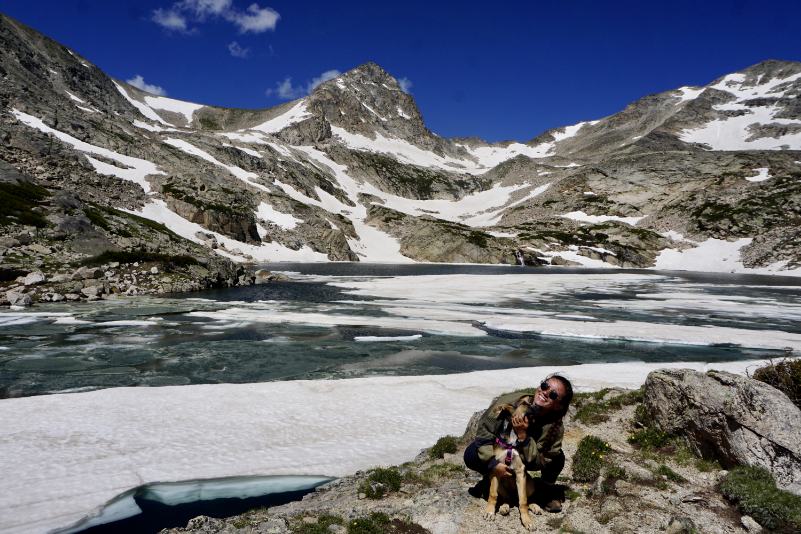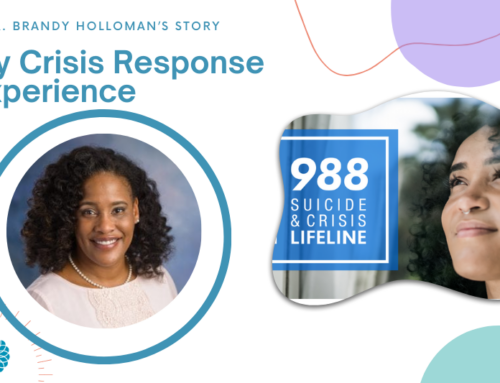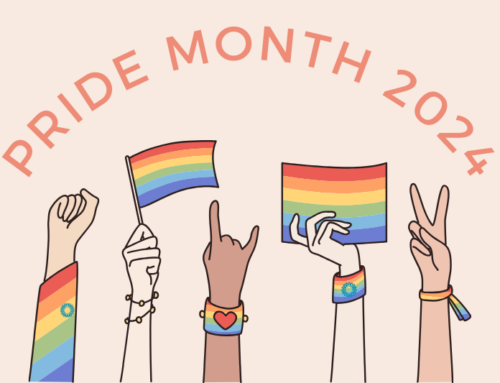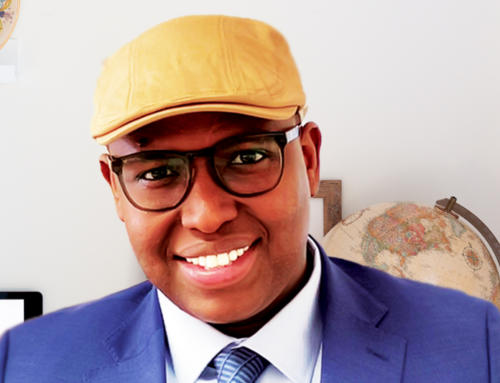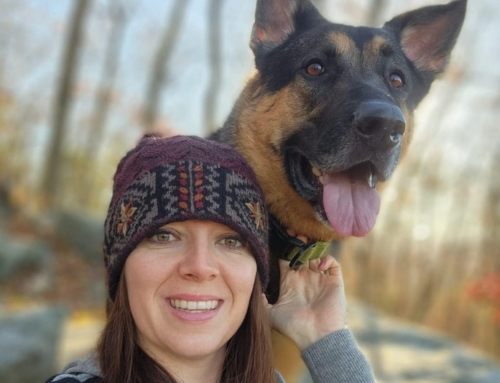While foundational concepts like critical thinking and analysis are taught in schools, it isn’t so common to find classrooms that are dedicated to experiential learning. From a young age, Alina Taniuchi was not only taught to learn by doing, but she was encouraged to think through the interconnected nature of problems. Now a change consultant at Change Matrix (CM), Alina incorporates her uniquely thoughtful perspective, along with a background in public health, to all of her projects.
Alina has been with CM for five years. Today, she primarily works as a project manager for The National Network to Eliminate Disparities in Behavioral Health (the NNED) and the Colorado Equity Compass (CEC), though she has held many roles within CM and its various projects — like Healthy Food for Denver’s Kids, Community Partnerships for Health Equity, and Expanding the Bench®. She took a moment to talk about some of her favorite projects, the value she places in both social and environmental justice, and why bringing passion into what she does is essential.
What drew you to CM?
[When I was applying,] a lot of the [project descriptions] drew me in. I liked the fact that CM was a women-owned, minority-owned business, because I hadn’t been in that kind of situation before. I’ve worked in lots of jobs since I was a teenager, and I never had that type of diversity in leadership. That probably drew me in initially, and the talking about lived experience, too, and what it means to bring that into work. I think the first conversation I had with CM Founding Partner Rachele Espiritu, PhD, I really appreciated the way she would talk about things — which is now second nature and we all talk about things in a similar vein — but I hadn’t heard someone talk about all of the aspects that people bring into their work. In my upbringing and in all of my previous roles, it was always, “This is work. This is your life.” It had to be separate. I really liked the idea of integrating who we are as whole people and bringing that into work.
Which project are you excited about the most currently?
Right now, CEC. I think there’s a lot of potential there. We have the ability to run with it and innovate, follow whatever is community-driven, and follow our aspirations for what we would like to see better represented in data while enhancing folks’ ability to use their [health] data. I also really appreciate the full team we’ve brought together for this project. We don’t always get to partner fully with outside entities, and I feel like there’s a lot of energy around it.
Why did you choose an equity-focused role?
I have never been someone who feels that work is just work. It’s something that we spend the majority of our day, every day, doing. So, being able to integrate my interests around equity into something that I’m professionally doing while being able to get paid for it is nice. But equity has always been a focus of mine, ever since I was a little kid. It came up in last week’s team Learning, Being, and Doing meeting, too. From my parents, something they instilled in me is, “You always have more than someone else. There is always something more of yourself that you can give.” That is always how I see work.
Also, when I was younger, I was brought up in a non-traditional learning experience that was experiential and very closely tied to social justice and environmental justice. That was always an aspect of my life, and I saw how interconnected things are. That is how my [problem-solving] orientation is based: How close is something to environmentally or socially just? How do we get it there if we can? I don’t know if I could be myself working anywhere that doesn’t involve equity. I have, but it would be a hard transition. At the end of the day, if I’m spending a third or more of my life working, it has to be something that I can look back on positively.
What unique skill or process do you think sets you apart from others?
I do think having an ecosystem mindset is helpful. I think that’s something that I’ve learned a lot about from the people around me and the world around me, too. If something is working well, it often means that you can lift up other parts of the process, so I think it translates well into the work that we do at CM. I also appreciate the value that we hold around striving for excellence in our work. I think there is a lot of recognition on our team that you need to be able to not only come up with a good idea or a good product, but you have to figure out: “How do you market it well? Is it community-driven? How do you make it a beautiful product so that people want to come back to it? How do you make something that feels very integrated into peoples’ process, versus something that hangs out on the side that doesn’t have a lot of meaning in their work?”
That’s always something that I look for, “How do we create something that’s actually going to be usable, meaningful, and, hopefully, somewhat fun to use?” It’s kind of a public health mindset: if you make things [easy-to-engage with], people are going to use it, rather than trying to pull teeth to get people to use it. I think that’s a skill, and it translates to my design-thinking as well.
